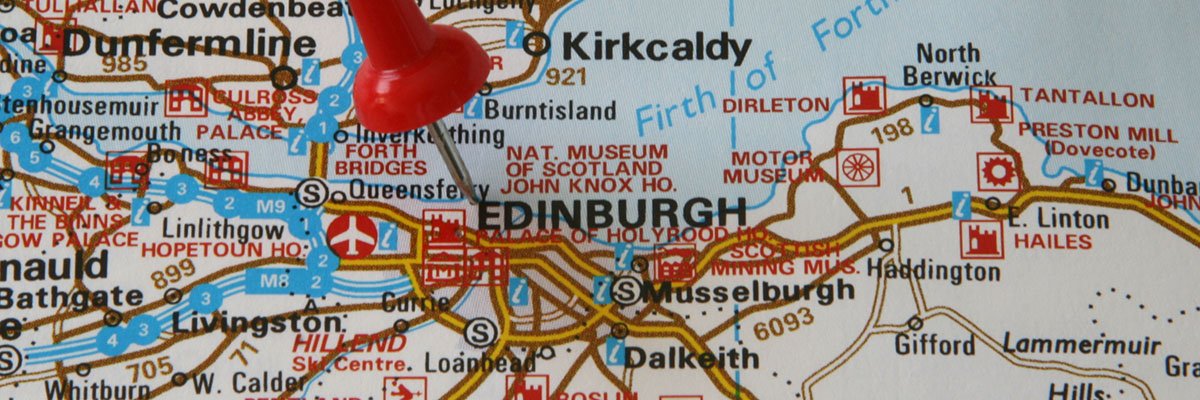
Police Scotland’s Strategic objectives policy document sets out strategic police priorities that it wants to achieve by 2026. Among its focus areas is the use of technology to enable workforce efficiency and operational effectiveness. The strategy document lists analytics, better-quality data and wider sources to improve decision-making among the key focus areas where technology can make a difference.
Across Scotland, more than 14,000 police officers now have a mobile device. “In addition to this, our CID/detective officers also have tablet devices to enhance how they conduct investigations,” says chief inspector Jonathon Miller.
The roll-out of mobile devices to officers is revolutionising the way they work, says Miller. Police Scotland has used Motorola’s Pronto suite of applications to support officers’ patrol work, he says. “The Pronto application on their mobile devices enables them to be more visible in the communities they serve. This means that the public are able to engage more with officers who are on patrol.”
Police Scotland’s Mobile Working Project roll-out began in June 2019, with the deployment of 10,000 mobile devices with Pronto to front-line and community police officers across the country. Miller says the roll-out has now reached more than 14,000 end-users and covers 17,000 devices. “We have almost finished the roll-out and we are now moving to business as usual,” he adds.
Police Scotland has officers on the front line 24 hours a day, 365 days a year and, between them, they generate thousands of reports each week.
The technology provided by Motorola enables officers to collect information electronically, which improves efficiency. “Statements, which traditionally would be written into a notebook and transcribed, are now typed directly onto the device through the digital notebook function in Pronto,” says Miller.
Mandatory fields and pick-list capabilities help to eliminate errors and Pronto ensures much greater quality of evidence capture and audit flow, which helps investigations to be managed more efficiently, he says.
Phase one of the roll-out was to uniformed officers who deal directly with the public. As part of this, the officers were provided with mobile printers for issuing tickets and fines, says Miller.
All of Police Scotland’s 13 divisions are now equipped with mobile devices running the Pronto software. This enables them to access a wide range of police systems, such as operational databases and records, without needing to return to their station and log onto a computer. They can also access integrated third-party applications via Pronto, such as the force’s command and control system and the wide range of ticket suites used in Scotland, including antisocial behaviour tickets.
It also provides access to the Criminal History System (CHS) and Police National Computer (PNC) to allow officers to check information such as warrants, bail conditions, offender records and photographs.
Miller adds: “Pronto allows our officers to have vital information at their fingertips, meaning they can react quickly when dealing with incidents such as searching for missing people who could be extremely vulnerable, or for investigating crimes.”
In Phase 2, CID and forensic services are being provided with tablet devices for taking statements. Miller says the tablets are equipped with a keyboard for writing up and signing statements. Although dictation technology is available, Miller says dialect issues make it important for officers to check with the person giving the statement.
Although it is a unified force, Police Scotland has been operating, in IT terms, as eight separate legacy organisations. Each division had its own unique crime system and direct measures system, with significant differences in appearance and functionality. However, with the introduction of Pronto, the front end of the mobile system now looks more or less the same for all officers. This is a key element in the force’s drive towards a single end-to-end crime system, a project that is being managed by Core Operational Solutions.
“We have been doing a lot of work with Motorola to create forms, to capture everything, drive up standardisation and increase mobility,” says Miller. “We are also trying to move to where the device replicates everything that a desktop user needs to do in the office.”
Ideally, Miller would like to replace desktop computers entirely. He adds: “We have a core operations team in Police Scotland developing a national crime system. Information collected from a crime scene is collated back in the office and loaded into the crime system. That crime application is a desktop application.”
Police Scotland has now begun a roll-out in the Highlands and islands, where the crime system is being more integrated with mobile technology.
#Analytics, #Business, #Community, #Deal, #Lists, #Mobile, #Mobility, #Policy, #Project, #React, #Software
Published on The Digital Insider at https://bit.ly/3lZAdZ9.
Comments
Post a Comment
Comments are moderated.